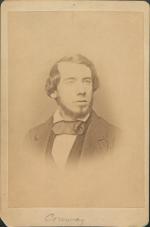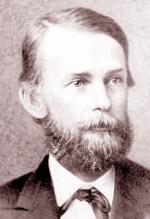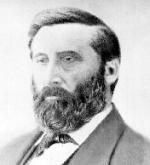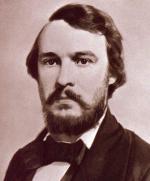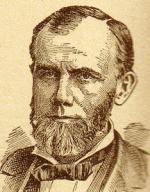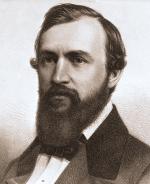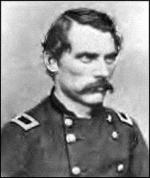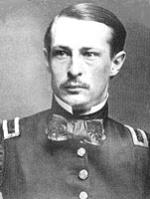Moncure Daniel Conway (1832-1907)
Moncure Daniel Conway, the second son of a distinguished family from Stafford County, Virginia, was born on March 17, 1832. His father, Walker Peyton Conway, was a prominent slaveholding landowner, a magistrate, and a representative to the Virginia legislature. His mother, Margaret Daniel Conway, could trace her family to the earliest days of the commonwealth. Both his parents had converted to Methodism, he from the Episcopalians and she from the Presbyterians, and the Conway children were exposed at an early age to evangelicalism. Moncure Conway first went to a family school and then attended the thriving Fredericksburg Classical and Mathematical Academy, a school that had educated George Washington and other famous Virginians. He entered Dickinson College in Carlisle, Pennsylvania as a sophomore at the age of fifteen. Conway advanced quickly at the Methodist affiliated college and graduated with the class of 1849. While there he had begun his career as a writer, founding the College's first student publication, fell somewhat under the influence of Professor John McClintock, and had also embraced the Methodist Church. After thoughts about a career in law, and despite emerging doctrinal doubts, the young graduate became a circuit-riding Methodist minister in 1851. Increasingly uncomfortable with conformity, he soon left Methodism for Unitarianism and enrolled at Harvard's Divinity School.

